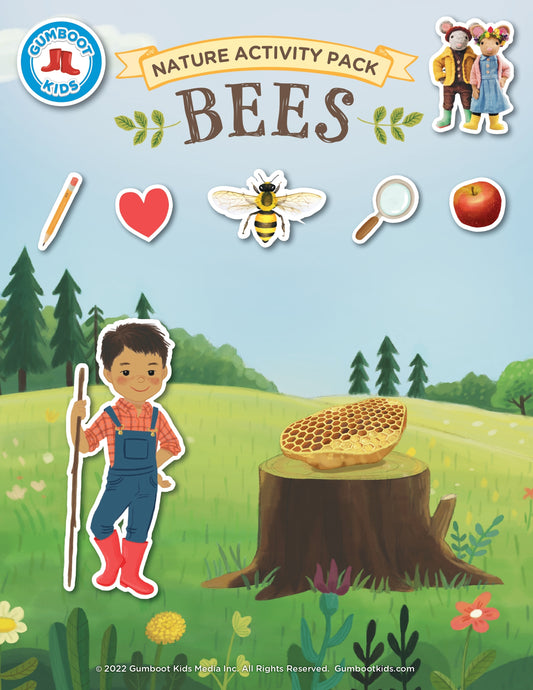If your child is experiencing anxiety, it can be a challenging and distressing experience for both the child and their parents. It is important to take steps to help your child manage their anxiety and develop healthy coping strategies. Here are some tips for what to do if your child has anxiety:
-
Validate their feelings: It is important to validate your child's feelings and let them know that it is okay to feel anxious. This can help them feel heard and understood.
-
Encourage communication: Encourage your child to talk about their anxiety and listen actively. Avoid dismissing their fears or concerns, and help them to feel heard and understood.
-
Practice relaxation techniques: Teach your child relaxation techniques such as deep breathing, meditation, or yoga. These techniques can help to reduce anxiety and promote feelings of calmness.
-
Foster healthy habits: Encourage healthy habits such as regular exercise, healthy eating, and adequate sleep. These habits can help to reduce anxiety and promote overall well-being.
-
Help them stay organized: Help your child stay organized with school work and other responsibilities. This can help them feel more in control and less overwhelmed.
-
Set realistic expectations: Help your child set realistic expectations for themselves and their performance. This can help to reduce anxiety and pressure associated with unrealistic expectations.
-
Seek professional help: Consider seeking professional help from a therapist or counselor who can provide additional support and guidance. They can work with your child to develop healthy coping strategies and manage their anxiety.
-
Avoid enabling their anxiety: It can be tempting to give in to your child's anxiety and avoid situations that make them anxious. However, this can reinforce their anxiety and make it worse in the long run. Encourage your child to face their fears in a gradual and supportive way.
-
Model healthy coping strategies: Model healthy coping strategies for your child, such as taking breaks when feeling overwhelmed, practicing self-care, and seeking help when needed.
-
Encourage positive self-talk: Encourage your child to use positive self-talk and challenge negative thoughts. This can help them to feel more confident and in control.
It is important to remember that managing anxiety is a process that takes time and patience. With the right support and strategies, your child can learn to manage their anxiety and develop healthy coping skills. Be sure to communicate with your child, listen actively, and seek professional help if needed. By working together, you can help your child overcome anxiety and achieve their full potential.




